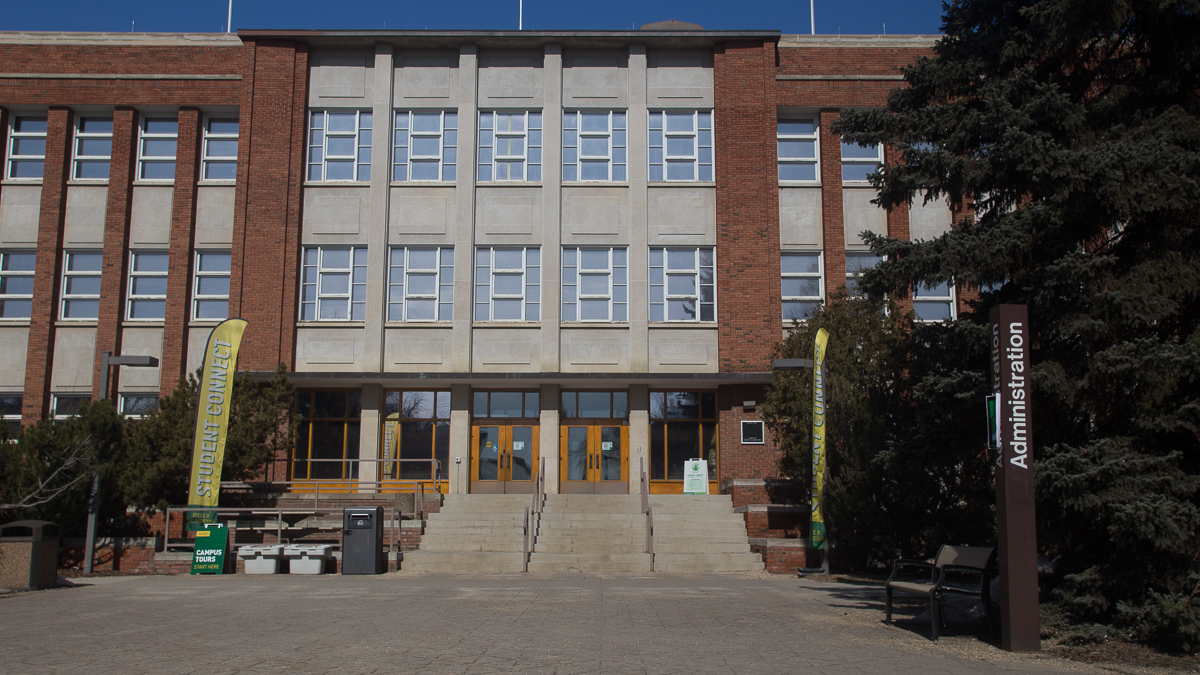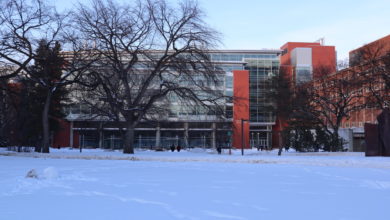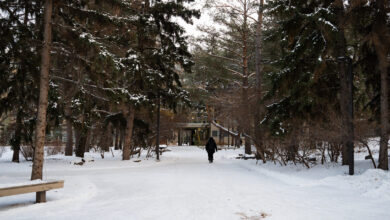U of A proposes new program-based model for international student tuition
 Rosty Soroka
Rosty SorokaStarting in 2020, international students enrolling at the University of Alberta may know the exact cost of their tuition throughout their degree.
In response to Bill 19, which calls for increased predictability for international student tuition, the university is proposing to switch from a model which charges international students per course to one which charges them for the total cost of their degree based on their program. Under the new structure, international students will pay fixed annual instalments of tuition.
The new fee changes were proposed at a General Faculties Council committee meeting on June 5 and will be reviewed by the Board of Governors on the 14th for final approval.
Under the proposed structure, an international student enrolling in the U of A’s engineering program in 2020 would pay $39,500 in tuition annually for the four years of their degree. An international student doing an arts or science degree would pay $29,500 annually. The fees are subject to change for different cohorts.
According to an internal U of A memo, the proposed rates are based on the need to cover the cost of program delivery, the need to anticipate cost increases over the duration of the program, as well as competition with other universities.
2019-06-05-apc-meeting-materials-2-14While the annual fee would remain fixed, incoming international students would still be paying more for their degree compared to the old structure, where tuition would increase annually. The memo indicates that programs such as engineering may be increasing as much as 7.9 per cent, and arts and sciences by about 8.9 per cent.
The memo also states that the changes will also lead to an increase in available funding for international student supports, such as scholarships and bursaries, and that the university could look to expanding these supports in the future.
During the meeting on June 5, Students’ Union president Akanksha Bhatnagar raised concerns that the increased fees for international students enrolling in Campus Saint-Jean or native studies could impact enrolment and retainment rates. According to the memo, rates for those programs will be increasing by 10.7 per cent.
“Such a major increase, in my mind, is probably going to be pretty detrimental in CSJ’s ability to attract international francophone students,” she said. “Regarding native studies, it’s going to be really hard for them to attract good international Indigenous communities.”
Responding to Bhatnagar, provost Steven Dew said displacement of First Nations, Métis, and Inuit students would be a concern. However, he said the new model is unlikely to impact recruitment in the faculty of native students as most students there are domestic and won’t be affected by the changes.
As for Bhatnagar’s concerns regarding Campus Saint-Jean, Dew said the additional money raised for international student supports could be used to boost recruitment from regions such as Africa.
“One element of the model is that we get the ability to increase our international student support by about seventy per cent,” he said. “And that allows us to go to certain regions of the world where we would like to enhance representation.”




